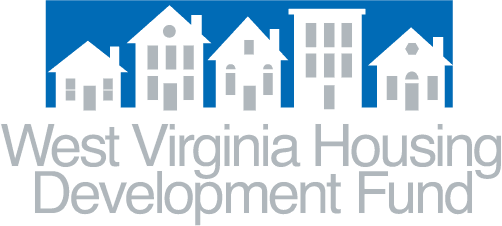The Project-Based Section 8 (PBCA) Program provides rental assistance for extremely low- to moderate-income residents living in certain apartment complexes throughout West Virginia. The subsidy is tied to specific complexes and paid directly to the owner on behalf of the resident. The rental subsidy does not follow the resident from property to property.
WVHDF works to ensure property owners, management agencies, and residents adhere to the requirements of the program. If you are a resident and have concern about your apartment or assistance, you must first contact the property manager or on-site personnel. If you need further assistance, you can contact WVHDF at 888-334-6065, 304-391-8630 or Section 8 Contract Administration.
NOTE: For a full list of affordable rental properties available in West Virginia, click here.
Tenant Concerns
Section 8 State & County Information
VAWA (Violence Against Women Act)
The Violence Against Women’s Reauthorization Act, Final Rule, published in the Federal Register on November 16, 2016, implements and enhances the housing protections authorized in the Violence Against Women Act Reauthorization Act of 2013 (VAWA). The enhancements include providing protections for victims of domestic violence, dating violence, sexual assault and stalking. VAWA protections are not only available to women, but are available equally to all individuals regardless of sex, gender identity, or sexual orientation. HUD’s implementation regulations are effective December 16, 2016.
Notice H 2017-05 – Violence Against Women Act Reauthorization Act of 2013 provides guidance to owners/agents of HUD multifamily assisted housing on the requirements of VAWA. However, this notice does not encompass every aspect of the VAWA Final Rule and should be used in conjunction with the VAWA Final Rule.
HUD has required certain forms and notifications for applicants and tenants to comply with the VAWA final rule and has posted these and additional resources on its VAWA Web Page. The forms are model forms and HUD advises owners/agents to customize them for their property, as long as they contain the same information and language. The forms can be found at HUDClips and are included below.
In addition, requiring properties to have an Emergency Transfer Plan (ETP) is a new requirement under the VAWA Final Rule. To help owners/agents in the development of their ETP, HUD has provided a model plan, form HUD-5381 (see documents below). The form can be found at HUDClips and is included below.
Helpful Links
- HUDClips
- VAWA website (HUD)
- VAWA Violence Against Women Act Reauthorization Act of 2013-Guidance (H-2017-05)
- VAWA Final Rule – November 2016
- VAWA Final Rule – HUD Q&A
VAWA (Violence Against Women Act)
Fair Housing
The Fair Housing Act protects people from discrimination when they are renting, buying, or securing financing for any housing. Basically, the act protects everyone’s basic right to choose where to live and ensures equal treatment after obtaining housing. The prohibitions specifically cover discrimination because of race, color, national origin, religion, sex, disability and the presence of children.
In addition, there continues to be questions regarding assistance animals. HUD has a designated website to help, which includes the following:
- What is an Assistance Animal?
- Obligations of Housing Providers
- Examples
- Filing a Complaint
- Additional Resources
Helpful Links
- Fair Housing website (HUD)
- Fair Housing-It’s Your Right (filing a complaint)
- Fair Housing Q&A (HUD)
- Fair Housing Rights-Basic Facts: Federal & State-WV
- Affirmatively Furthering Fair Housing (AFFH) website (HUD)
- Affirmatively Fair Housing Marketing Plan (AFHMP) (HUD-935.2A)
- Disabilities website (HUD)
- Disabilities – Section 504 Accessibility FAQ (HUD)
- Guidance on Fair Housing Act and Use of Criminal Records
- Information for Disabled Persons (HUD)

